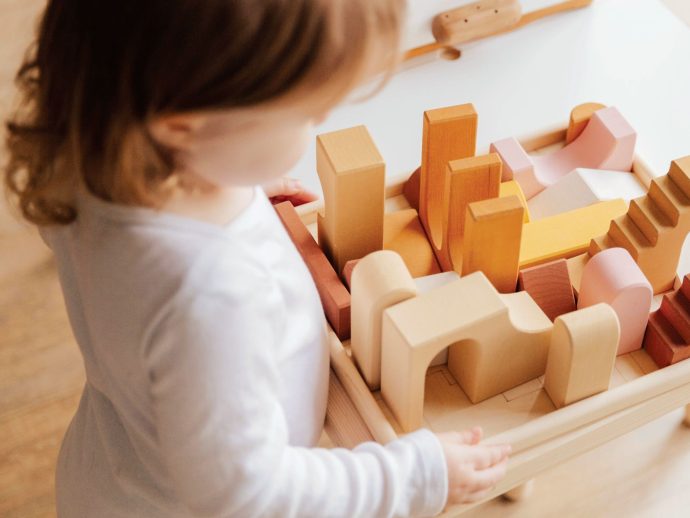
Play matters, and here’s why
Children learn about the world through play. Unstructured play is essential for developing imagination and creativity. Boredom also plays a role, as struggling with boredom can spark creativity.
Unstructured play helps children develop communication, life skills, emotional self-regulation, and emotional well-being. Playing with sensory materials and engaging in physical activities foster fine motor skills, hand-eye coordination, and self-confidence.
Toys―catalysts to creativity
Walking through a thrift store or toy store reveals many options, from simple to elaborate. All toys have a role in development, but balance and moderation are key. Toys act as catalysts for creativity and imagination rather than the cause of it.
Is less more?
Having fewer toys can prevent feelings of being overwhelmed and encourage creativity. Versatile, age-fluid toys are a good choice, as they can be used in complex games at older ages. When celebrating birthdays, consider non-toy gifts like activities or experiences, or pooling contributions to buy meaningful toys or books.
Learning to let go
Toddlers enjoy basic puzzles and building blocks, but older children may prefer more complex toys. Passing on no-longer-used toys teaches kindness and charity.
Play together in their world and yours
Spending even 10-15 minutes playing with children fosters closeness and creativity. Incorporate play into daily routines like cooking or chores by giving children small tools and tasks. It promotes skill development and shared bonding.
Where do screens come in?
There’s hardly a parent out there who hasn’t, at one time or another, relied on screens to help occupy their children. Screens can provide a break for overwhelmed parents; however, balance is essential.
Balance matters
Limited, quality screen time can support learning, imagination, and language skills. Excessive use can hinder communication, social, emotional, and physical development.
Boundaries where they matter
Set screen time limits with timers and plan engaging activities afterward, like a snack, book, or outdoor play. Choosing physical activities over screens encourages bonding and healthier habits.
Ultimately, play helps children grow in complex ways and allows them to see the world through an enchanted lens—a beautiful thing to witness.
By Daniela Ginta, MSc


